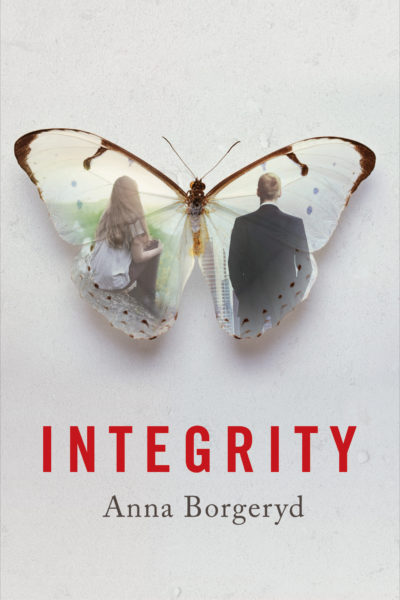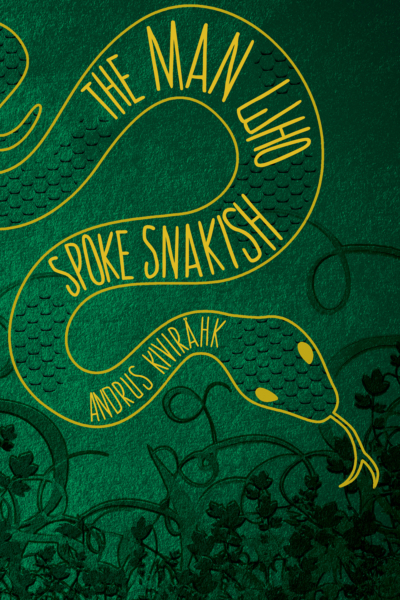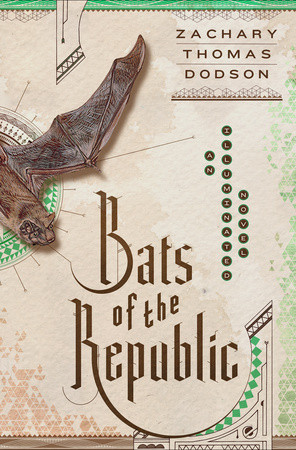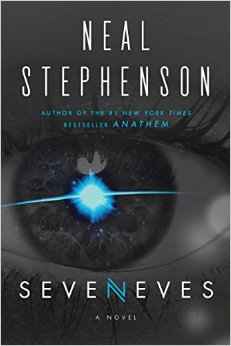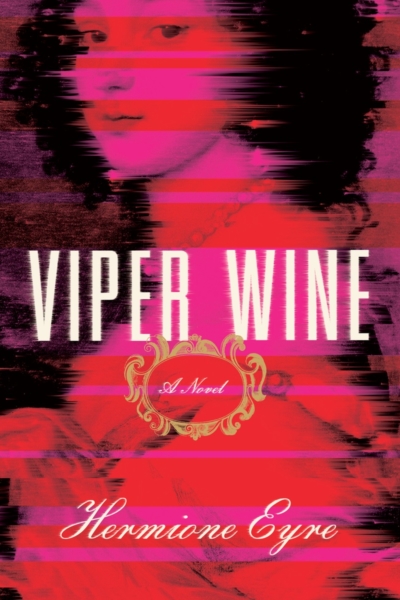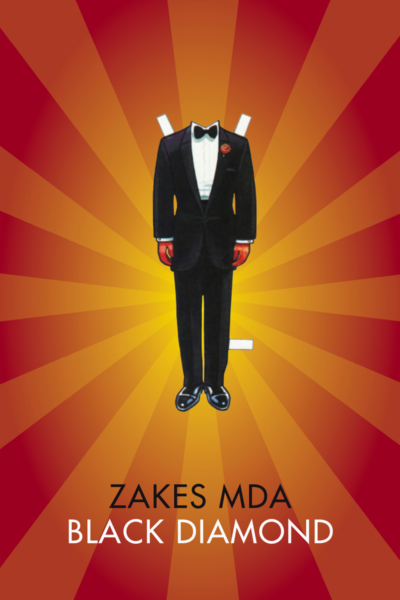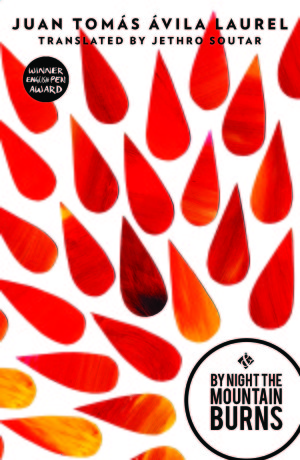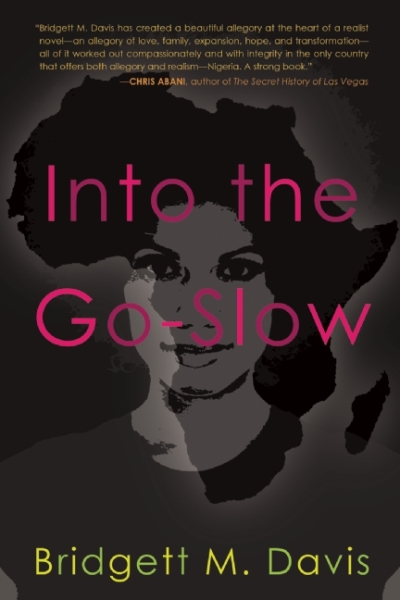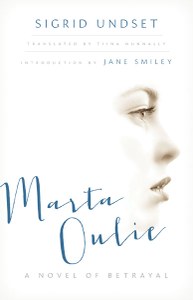Rather than falling into conventional narratives, eco-fiction needs to underscore the need for traditional environmentalism to question its own positions of privilege and provide a space for imagining non-normative paths to sustainability if it is to inspire genuine social justice.
The Man Who Spoke Snakish – Andrus Kivirähk
Deeply anti-religious, the novel questions society’s ability to believe one set of mystical explanations while rejecting behaviors as primitive that have directly enabled their survival for generations.
Bats of the Republic – Zachary Thomas Dodson
Dodson seems to ask: why have we left the pages of books so dry when we can do so much?
Seveneves reflects on the destruction of life on Earth, the construction of a human habitat in space, and the eventual revival of and return to planet.
Viper Wine whispers beyond its pages, reappearing in glossy advertisements of Elle and in strange-tasting rouged lips.
The Tusk That Did the Damage – Tania James
The elephant carries what would otherwise be a thoughtful narrative of an American twenty-something.
Unlike many Apartheid novels that stick to one location or group, Black Diamond depicts a South Africa where every group is present and no powerful white man is in sight.
By Night the Mountain Burns – Juan Tomás Ávila Laurel
It is a melodic text rife with images of hollowed canoes and mist-enveloped mountains.
Into the Go-Slow – Bridgett M. Davis
Into the Go-Slow highlights the difficulty of understanding the world’s many contrasts and contradictions.
Marta Oulie provides a stark, yet personal addition to the conversations of early 20th century Western women writers such as Virginia Woolf and Kate Chopin.



